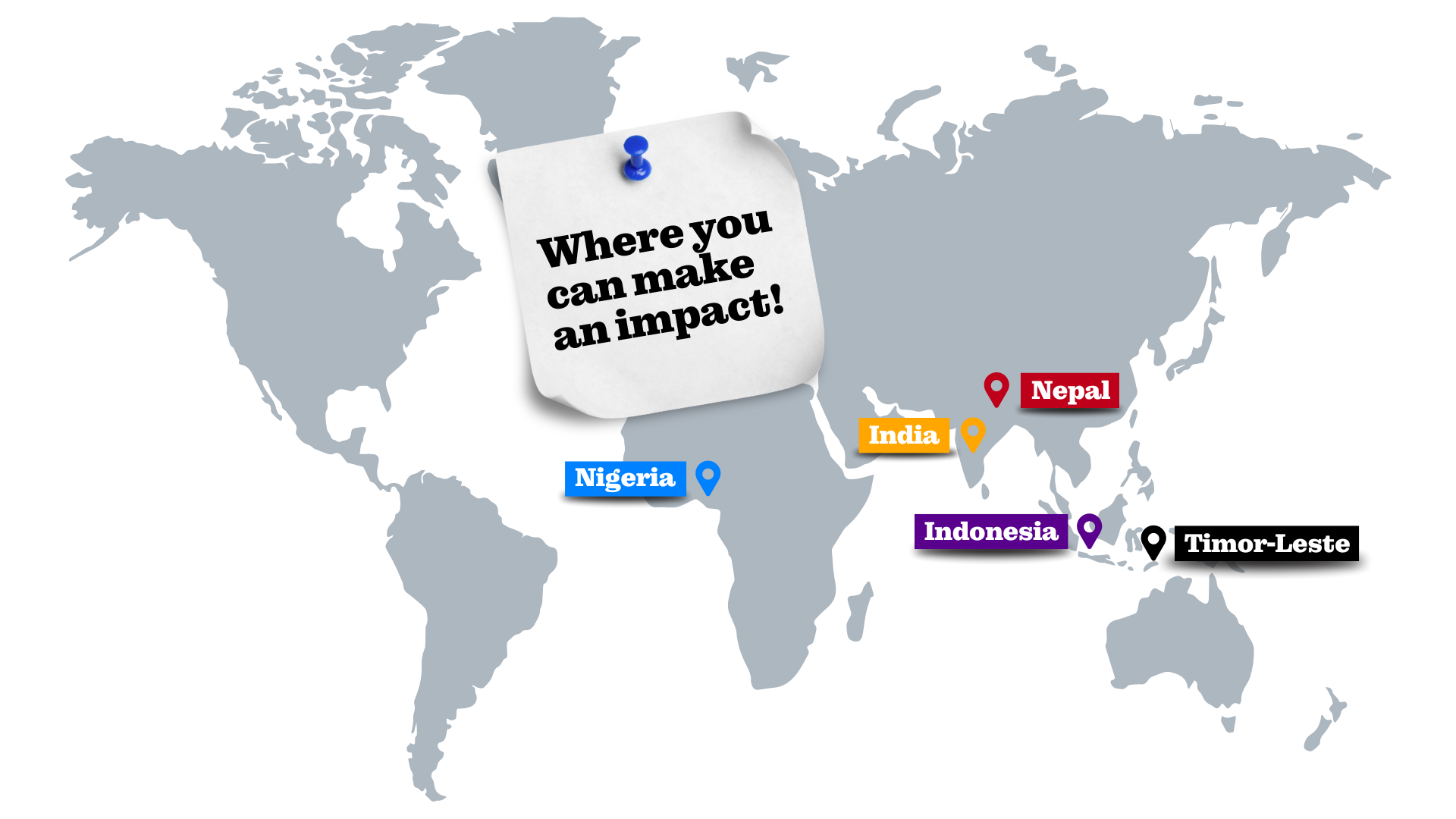
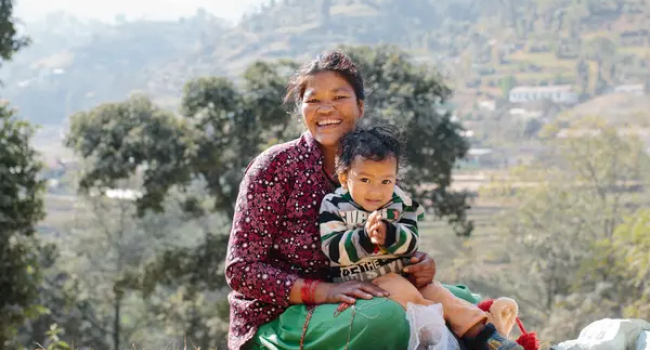
Nepal
Nepal is a landlocked country positioned between India and China with a population of just under 30 million people. 75 per cent of the country is covered in mountains, with low-lying fertile plains in the south of the country.
While it is a popular tourist destination, Nepal is one of the poorest countries in Asia. About one in ten people live in extreme poverty on less than US$1.90 per day, but a further three in ten people live on very low incomes. Climate-related problems, like earthquakes and floods, increase people’s vulnerability.
Each year approximately 3,000 new cases of leprosy are diagnosed.
There are 0.7 doctors per 1,000 people in Nepal, compared to 2.8 per 1,000 in the UK.
We work with The Leprosy Mission Nepal on a range of projects, including:
✓ Healthcare ✓ Community Empowerment ✓ Education & Training ✓ Advocacy
Healthcare
Anandaban Hospital opened in 1957 and is based just south of Kathmandu. It provides high quality medical care to around 6,000 people affected by leprosy from across Nepal, plus general medical treatment to a further 25,000 people every year. It has 80 beds allocated to inpatients needing treatment for leprosy reaction, reconstructive surgery and wound care.
Patients and their families also receive counselling to help them overcome the effects of stigma on their mental health and family life. The hospital also provides treatment for outpatients through local clinics in three other locations.
In addition, the hospital provides self-care treatment and management to people with ulcers, wounds and sensory loss. The patients are taught how to clean and bandage their wounds independently and how to prevent further injuries. Patients with sensory loss are taught how to conduct tasks of daily living, such as cooking and farming, using assistive devices to prevent burns and additional wounds.
Employment opportunities
People affected by leprosy and disability have been supported to lift themselves out of poverty through self-help groups which enable them to save together, microfinance and small business training. They have also received empowerment and advocacy training that has helped combat stigma in communities.
People with leprosy and disability are also supported to find employment through support from employment counsellors who will help match them with suitable roles. At the same time, business development officers work with employers to reduce misconceptions around employing people with leprosy or disability.
Education
Discrimination against people with leprosy is still a significant problem in Nepal. As a result, people with leprosy are often marginalised and are unable to access education opportunities. Education scholarships are provided to students with leprosy, disability or from marginalised households to ensure they have the same opportunities as other students to access primary, secondary and tertiary education. Education provides students with opportunities to gain higher paying employment after graduation and increase their status within the community, thus reducing stigma, discrimination and marginalisation.
Research
Anandaban Hospital is home to a world-class research centre. In the on-site laboratories, crucial diagnostic tests for leprosy are conducted. This makes sure that patients are quickly and accurately diagnosed. Research also helps the team to advance their understanding of the disease.
Staff there partner with the best in their field to ensure they produce pioneering research. Their partnerships have included: Leiden University Medical Centre (The Netherlands); London School of Hygiene and Tropical Medicine (UK); and the Department of Health and Human Services National Hansen’s Disease Programs (USA). Studies they are involved in include the development of an early diagnostic test.
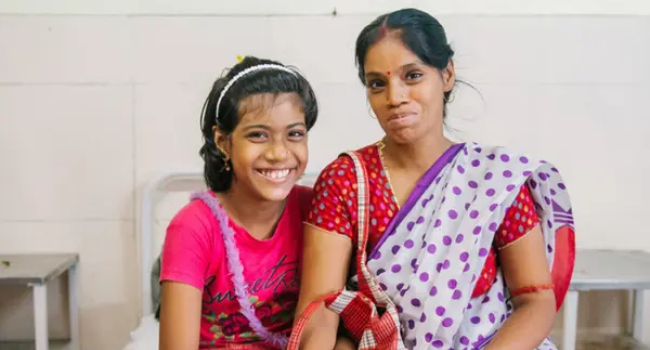
India
India has the world’s second largest population: more than 1.3 billion people. As the seventh largest country in the world, it is known for its diversity of landscape, wildlife, and people groups.
Thanks to economic growth, more than 90 million people in India escaped extreme poverty between 1995 and 2015. But despite this, there are still many people struggling: one in five people in India lives on less than approx. AUD$2.65 per day.
India has over 50% per cent of all new cases of leprosy diagnosed worldwide.
7% of new cases are in children.
The Leprosy Mission Australia has supported hospitals and projects in India for over 100 years. (The Leprosy Mission worldwide has worked in India for more than 145 years.)
In partnership with The Leprosy Mission Trust India, projects supported from Australia cover:
✓ Healthcare ✓ Community Empowerment ✓ Sustainable Livelihoods ✓ Education & Training ✓ Advocacy
Current Projects
• Faizabad Vocational Training Centre (VTC)
• Co-creating Inclusive Development
Your projects and hospitals in India support the Triple Zero Leprosy Goals through these key activities:
|
Zero Leprosy Transmission: |
Zero Leprosy Disability: |
Zero Leprosy Discrimination: |
|
|
|
Donate to a Project in India
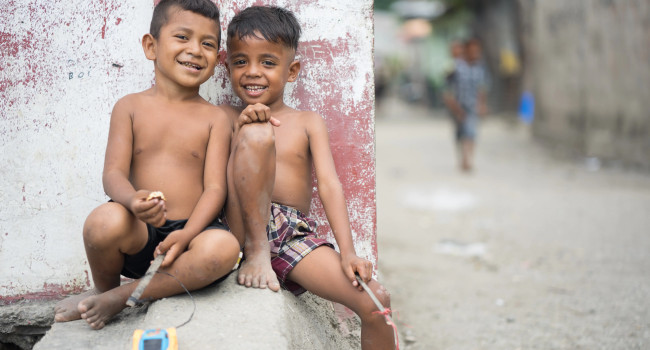
Timor-Leste
Timor-Leste reached leprosy elimination (less than one case per 10,000 population) in 2011, however, over the past few years the new cases have been increasing. Misaun Lepra - Timor-Leste continues to partner with the Government to work towards leprosy elimination and reduced leprosy-related disability in high-endemic districts, particularly in Oecusse. Misaun Lepra - Timor-Leste runs a project that focuses on early diagnosis, active case finding, treatment, prevention of disability, and greater leprosy awareness in communities.
One of Misaun Lepra - Timor-Leste’s most significant achievements has been the development of an independent, national organisation of persons with leprosy in Timor-Leste, with whom The Leprosy Mission works closely to build their capacity to advocate independently to the government, promote quality of life and full participation in society.
In partnership with The Leprosy Mission Timor-Leste, projects supported from Australia cover:
✓ Healthcare ✓ Community Empowerment ✓ Sustainable Livelihoods ✓ Education & Training ✓ Advocacy
Current Projects
• Ending Leprosy Transmission (E-LETRA) in Oecusse-Ambeno, Timor-Leste
Your activities in Timor-Leste support the Triple Zero Leprosy Goals through these key activities:
|
Zero Leprosy Transmission: |
Zero Leprosy Disability: |
Zero Leprosy Discrimination: |
|
|
|
The Leprosy Mission Australia in Timor-Leste
The video below shows the inauguration of the borehole for a vulnerable community of people with leprosy and disability in Dili - Timor-Leste to improve their access to clean water.
Donate to a Project in Timor-Leste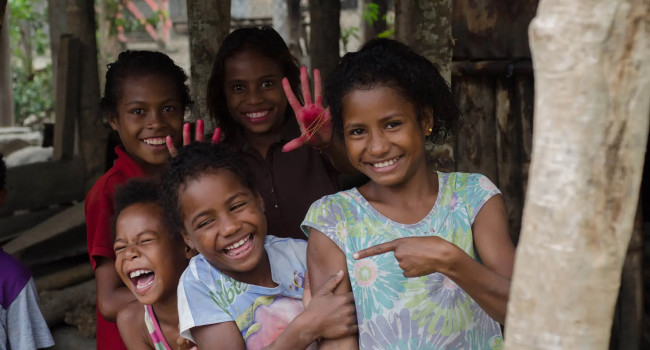
Papua New Guinea
The Leprosy Mission’s involvement in Papua New Guinea began in the mid-1960s. Twenty years later the emphasis evolved from a purely medical, hospital-based perspective to a new focus of training health staff in leprosy health awareness and setting up field control programs.
The Leprosy Mission has helped reduce the medical, social, and economic burden of leprosy. It provided medical treatment to people affected by leprosy and helped improve the detection and management of new cases (which also limits the spread of the disease). The Leprosy Mission also provided opportunities for people affected by leprosy to gain paid employment and exercise their rights as citizens.
The needs of people affected by leprosy in Papua New Guinea are great. The prevalence of registered leprosy cases has increased from 381 in 2014 to at least 658 in 2015, with another 388 new cases diagnosed. This is a great concern. Country Leader for The Leprosy Mission Papua New Guinea, Natalie Smith, says this increase is because a pool of cases have remained undetected for almost ten years. Your support has helped detect these cases. Thank you!
Now, more than ever, we need to continue supporting people affected by leprosy in Papua New Guinea. Your support helps makes sure that cases are found and that people affected by leprosy can secure a sustainable income in remote regions.
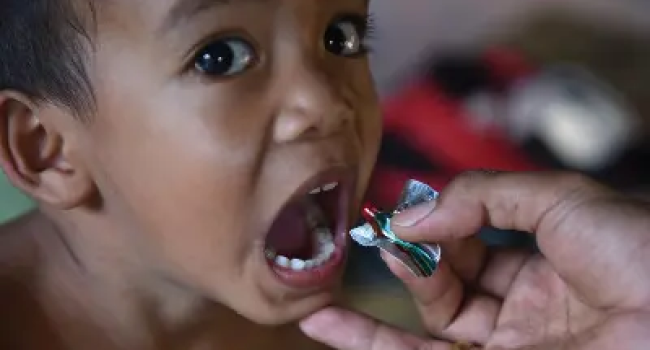
Indonesia
Indonesia ranks third in the world in the number of leprosy cases. Official data shows that 7 provinces and 113 districts/cities in Indonesia have still not reached leprosy elimination. Child cases of leprosy are also high, meaning that there is still active transmission in various areas. In addition, stigma against leprosy continues to be a significant problem, with strong beliefs that leprosy is associated with unclear blood and is shameful. This stigma often affects women the most and discourages people from coming forward for testing for fear of being shunned by their families and communities.
In addition, there is a lack of knowledge about leprosy diagnosis and case management within the health sector. As a result, people with leprosy are often misdiagnosed and receive treatment too late to prevent permanent disability. With the lack of medical knowledge around leprosy, it is suspected that the leprosy case numbers are significantly underreported.
Partnering with Yayasan NLR, The Leprosy Mission Australia aims to reduce leprosy transmission, stigma and discrimination in Indonesia. The projects aim to build leprosy inclusive communities where community members support people suffering from leprosy to seek treatment. In addition, it seeks to increase leprosy knowledge amongst health workers so that patients can receive accurate diagnosis and treatment with dignity, free from discrimination and fear.
In this video, Asken Sinaga, explains the state of leprosy in Indonesia today from their current perspective and experience.
Learn about the Urban Leprosy Project Here
Learn about the Leprosy Friendly Village Project Here
Donate to a Project in Indonesia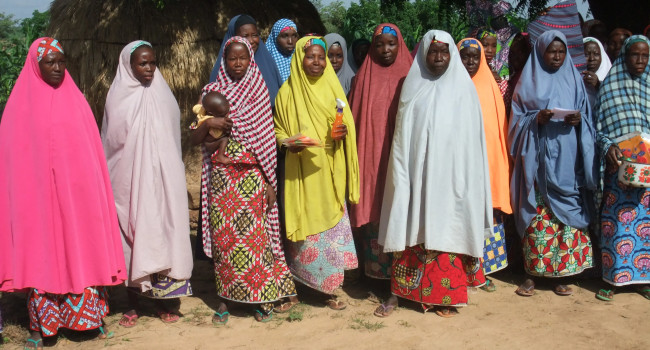
Nigeria
Approximately 63% of persons in Nigeria live in multidimensional poverty (where they are disadvantaged by more than just monetary poverty). This percentage rises in rural areas.
Nigeria continues to face many social and economic challenges with current inflation driving up incidents of kidnappings and banditry as people struggle to afford basic necessities.
The health system in Nigeria faces huge challenges and many people do not have access to modern healthcare. There is only 1 doctor per every 2,500 people.
In 2022 there were 2,393 new cases of leprosy diagnosed. Approximately 143 of these cases were in children. Leprosy and other Neglected Tropical Diseases continue to be endemic problems in rural Nigeria, exacerbated by poor access to clean water and lack of basic sanitation.
In partnership with The Leprosy Mission Nigeria, activities supported by Australia focus on eliminating leprosy and other related skin Neglected Tropical disease.
projects supported from Australia cover four major thematic areas services that respond to the needs of people affected by leprosy or other Neglected Tropical Diseases (NTDs): Health and management and prevention of disability, Empowerment and livelihoods, Advocacy and communication, and Learning and education.
✓ Healthcare ✓ Community Empowerment ✓ Sustainable Livelihoods ✓ Education & Training ✓ Advocacy
Your project in Nigeria supports the Triple Zero Leprosy Goals through these key activities:
|
Zero Leprosy Transmission: |
Zero Leprosy Disability: |
Zero Leprosy Discrimination: |
|
|
|
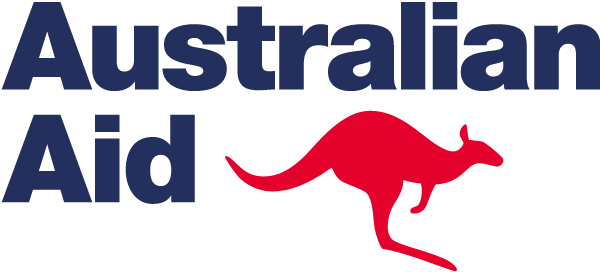
The Enhance Care for Integrated Skin NTDs project in Nigeria is supported by the Australian Government through the Australian NGO Cooperation Program (ANCP). Thanks to ANCP this project is able to help improve the well-being of people affected by leprosy, other Neglected Tropical Diseases and disability in Nigeria.
Donate to a Project in Nigeria

